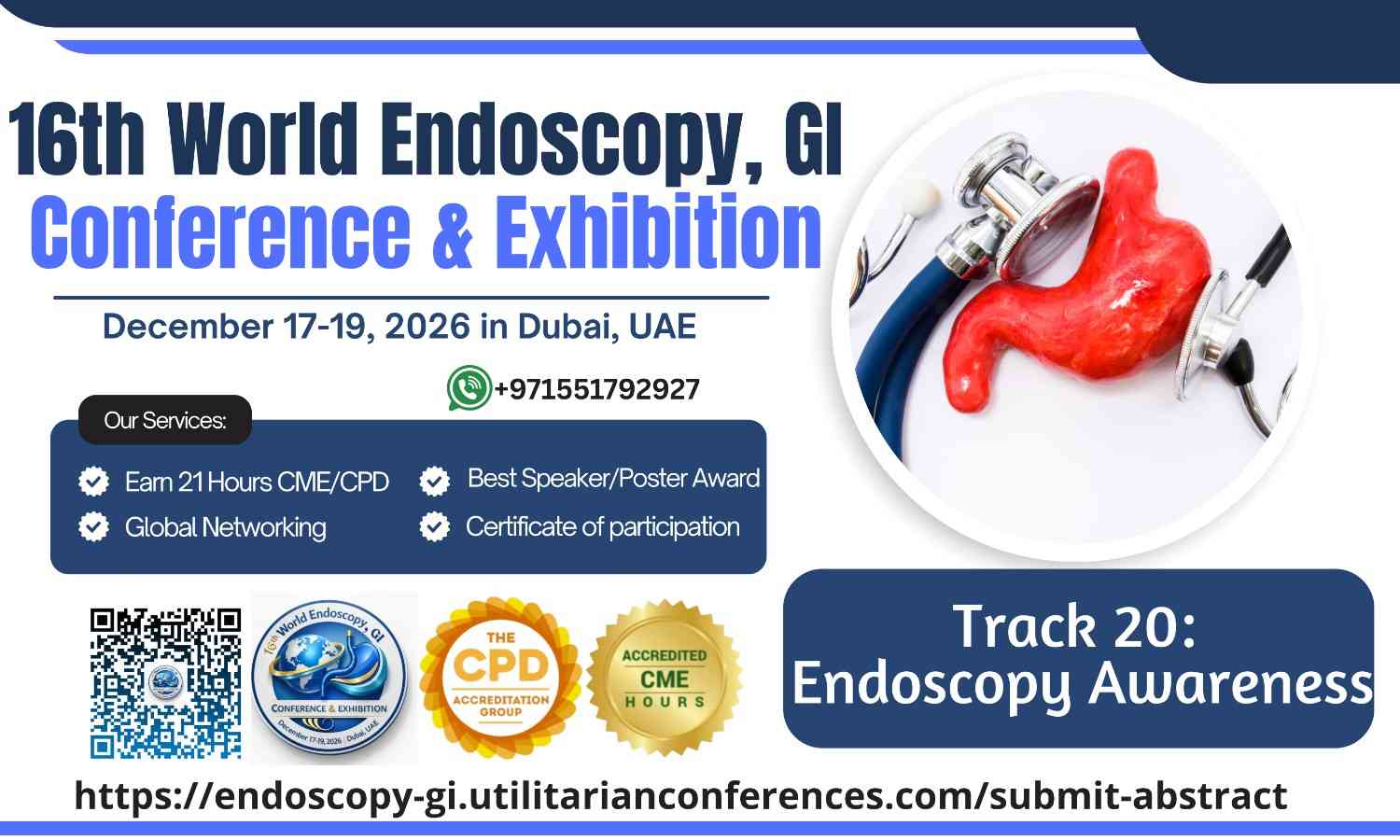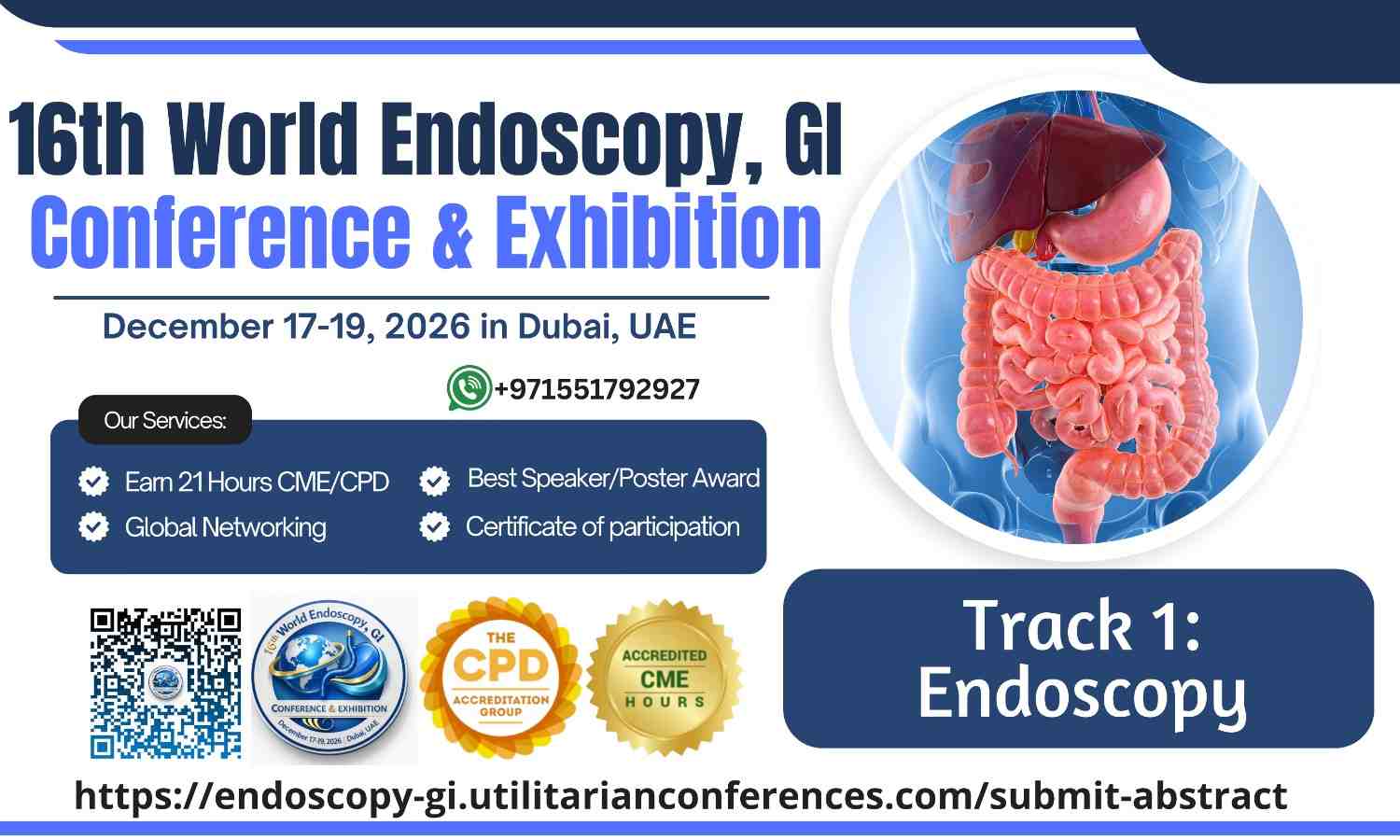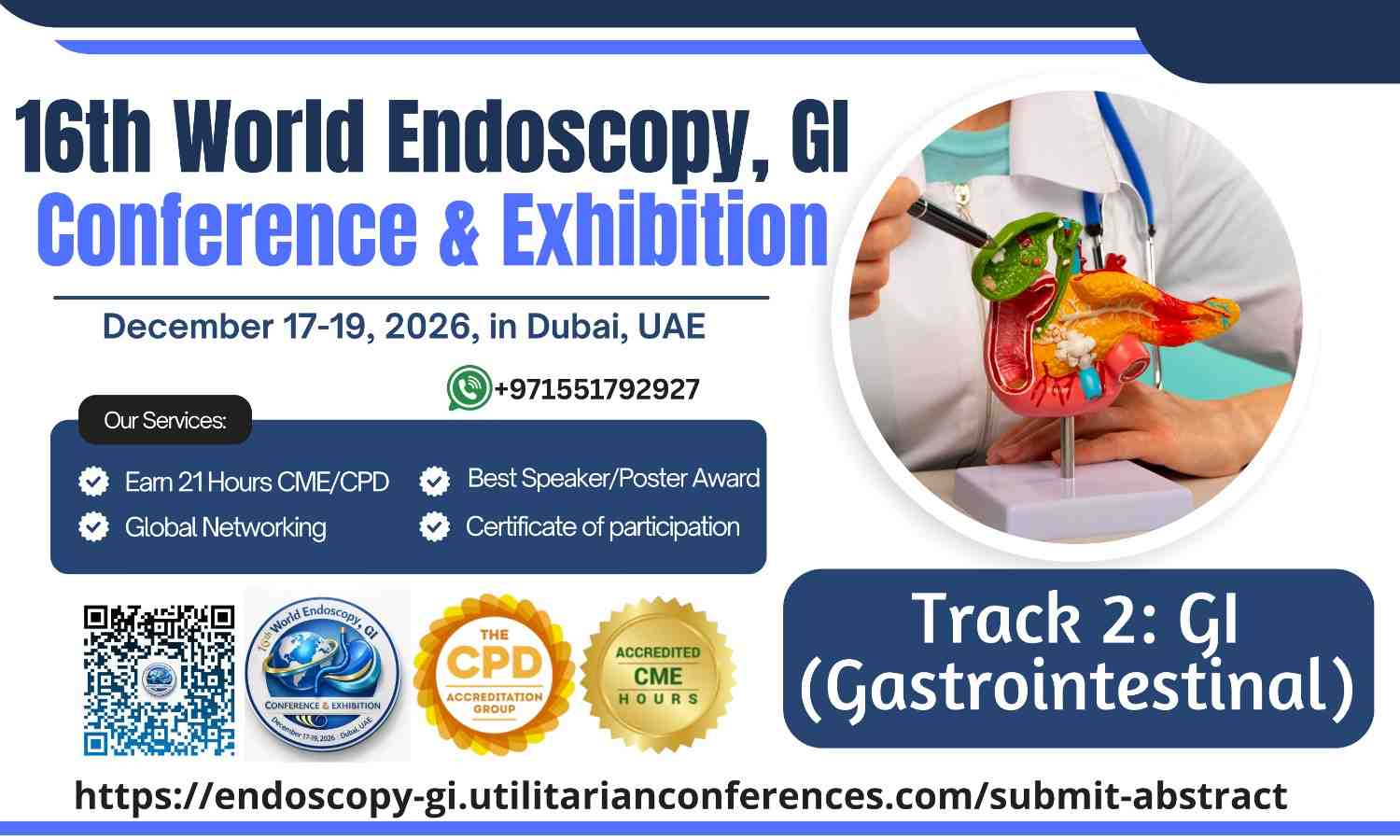Endoscopy Awareness refers to the understanding, education, and recognition of endoscopy as a vital medical procedure used for the diagnosis, monitoring, and treatment of various gastrointestinal (GI) conditions. It encompasses the importance of increasing public knowledge about what endoscopy is, how it works, its benefits, risks, and the different types of endoscopic procedures available.
The goal of Endoscopy Awareness is to educate both healthcare professionals and the general public about the role of endoscopy in modern medicine, ensuring patients are well-informed and prepared for the procedures, as well as promoting early detection and timely interventions for GI disorders.
Key Aspects of Endoscopy Awareness:
Public Education and Outreach:
- Raising awareness about the importance of endoscopy in diagnosing and managing GI diseases such as colorectal cancer, peptic ulcers, Crohn’s disease, and more.
- Providing information on how endoscopic procedures, such as colonoscopies or upper GI endoscopies, can detect abnormalities early, leading to better outcomes.
Demystifying Endoscopy:
- Many people may fear endoscopic procedures due to a lack of knowledge or misconceptions. Awareness campaigns aim to clarify the process, making it less intimidating for patients.
- Informing patients about the non-invasive nature of endoscopic techniques, which involve inserting a flexible tube with a camera to visualize internal organs.
Importance of Screening and Preventive Care:
- Endoscopy is a powerful tool for screening for conditions like colorectal cancer, which has high survival rates if detected early.
- Promoting regular screening for people at risk, including those over the age of 50 or with a family history of GI disorders.
Types of Endoscopic Procedures:
- Educating patients about the different types of endoscopy procedures, such as colonoscopy, upper GI endoscopy (gastroscopy), endoscopic ultrasound (EUS), and capsule endoscopy.
- Clarifying when each procedure is used, such as for diagnosis, biopsy, or therapeutic interventions (e.g., removing polyps, treating bleeding).
Advancements in Endoscopy Technology:
- Highlighting new and emerging endoscopic technologies that improve the quality and safety of procedures, such as high-definition imaging, robotic-assisted endoscopy, and artificial intelligence for enhanced diagnosis.
Post-Procedure Care and Recovery:
- Providing information on what patients can expect after undergoing an endoscopic procedure, including recovery time, potential side effects, and instructions for follow-up care.
Encouraging Early Diagnosis and Prevention:
- Raising awareness about the role of endoscopy in early diagnosis, particularly in detecting cancer and other serious GI disorders at an early stage when they are more treatable.
- Encouraging preventive measures like regular screenings, lifestyle changes, and dietary modifications to improve GI health and reduce the need for complex endoscopic interventions.
Reducing Stigma and Fear of Procedures:
- Addressing common fears related to endoscopy (e.g., discomfort, sedation) and helping patients understand the minimal risks involved when procedures are performed by trained specialists.
Endoscopy in Special Populations:
- Awareness campaigns can focus on the unique considerations and benefits of endoscopy for specific populations, such as children, elderly individuals, or those with chronic conditions like inflammatory bowel disease (IBD) or obesity.
Public Health Campaigns:
- Governments, healthcare organizations, and non-profit groups often launch awareness campaigns to promote endoscopy as a key tool for public health, focusing on the prevention of GI cancers and other life-threatening conditions.
Conclusion:
Endoscopy awareness is an essential aspect of improving public health by fostering better understanding, reducing anxiety, and encouraging individuals to take proactive steps in managing their gastrointestinal health. This heightened awareness can lead to earlier diagnosis, better treatment outcomes, and overall improved quality of life for patients.
Sub Topic: Defining endoscopy awareness and its significance in modern healthcare, Understanding the Importance of Endoscopy in Healthcare, Benefits of early detection, diagnosis, and treatment through endoscopic procedures, Dispelling Myths and Misconceptions About Endoscopy, Preparing for an Endoscopic Procedure, Post-Endoscopy Care and Recovery, The importance of regular GI screenings and their role in preventing serious health conditions.





